#John Alcott
Explore tagged Tumblr posts
Text
























A Clockwork Orange (1971) // dir. Stanley Kubrick DoP: John Alcott
14 notes
·
View notes
Text

A Clockwork Orange (1971)
22 notes
·
View notes
Text
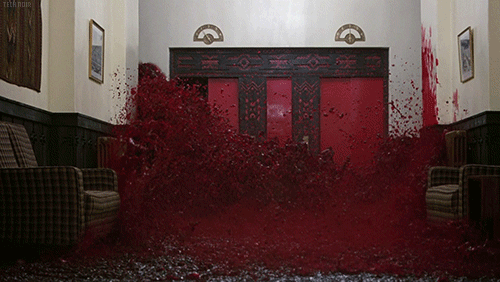
The Shining (1980)
"Here's Johnny!"
Director: Stanley Kubrick Cinematographer: John Alcott
6 notes
·
View notes
Text
Great films to watch for Cinematography No. 4
youtube
0 notes
Text
Bungou Stray Dogs Wan!
Chapter 161 (English translation)
Translation, cleaning, type-setting by: @amythedemisimp (me)
Chapter illustrated by: KanaiNeco
Raws: here
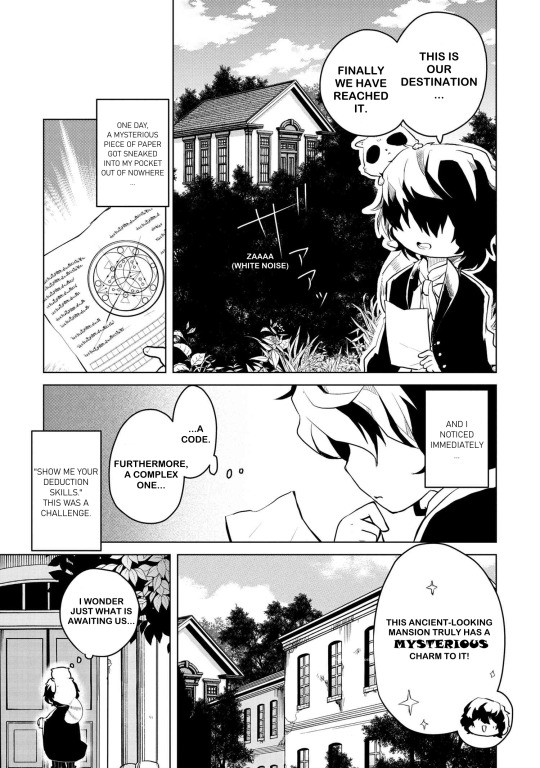
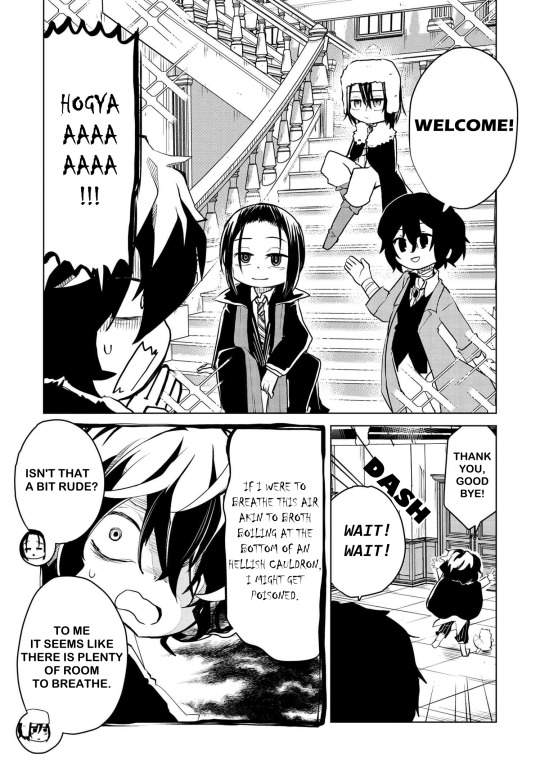
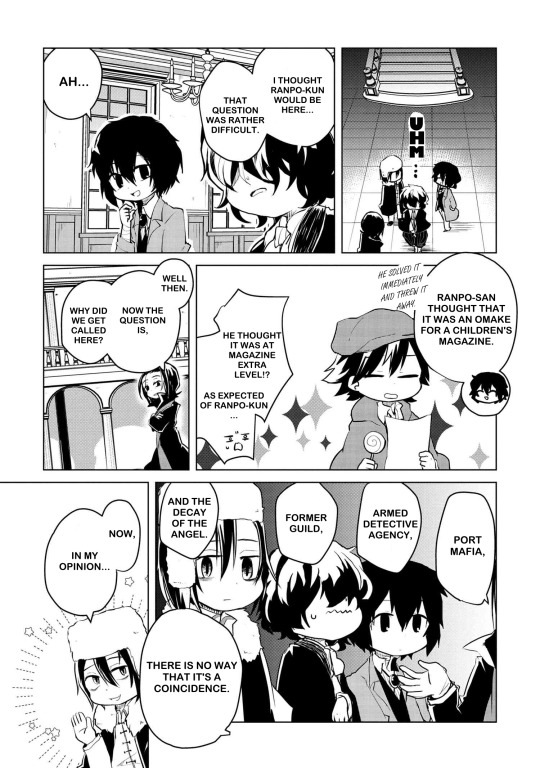
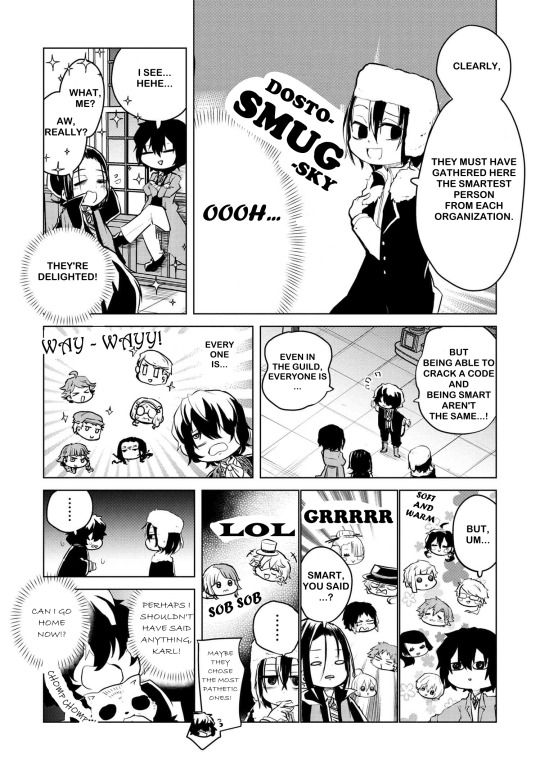
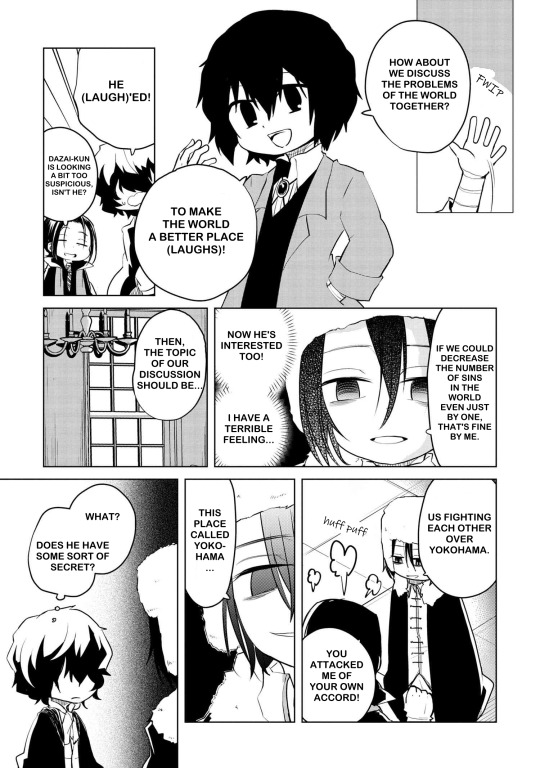
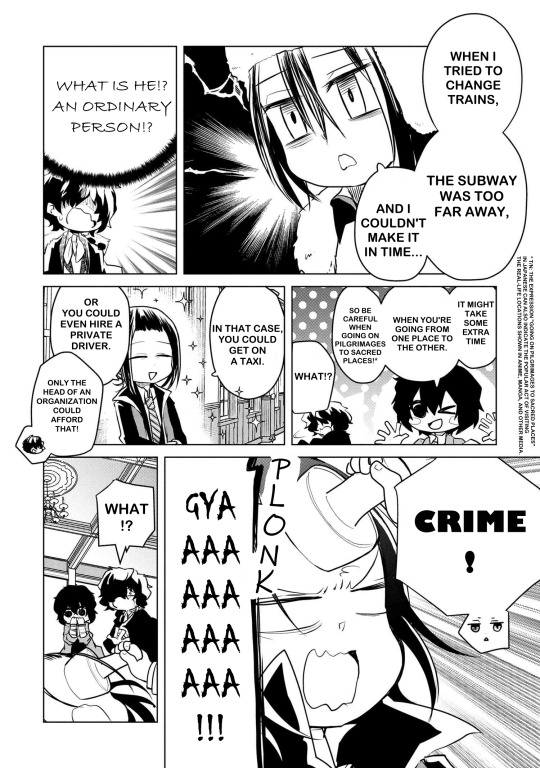


Sorry if it looks a bit rushed, I did this quickly because I wanted to translate it and show it to everyone as soon as possible -- Fyodor is finally appearing in a Wan chapter as one of the main characters!!! I'm so happy!!!
#bungou stray dogs#bungō stray dogs#bsd wan#bsd wan 161#fyodor dostoevsky#dazai osamu#edgar allan poe#mori ōgai#jōno saigiku#francis scott fitzgerald#mark twain#louisa may alcott#john steinbeck#howard phillips lovecraft#lucy montgomery#izumi kyōka#nakajima atsushi#kunikida doppo#tanizaki jun'ichirō#tanizaki naomi#miyazawa kenji#edogawa ranpo#ozaki kōyō#nakahara chūya#akutagawa ryūnosuke#higuchi ichiyō#nikolai gogol#bsd sigma#bsd art
1K notes
·
View notes
Text


LITTLE WOMEN (2019)
dir. greta gerwig
#little women 2019#little women#louisa may alcott#costume drama#period drama#perioddramaedit#perioddramagif#onlyperioddramas#perioddramasource#weloveperioddrama#filmtvcentral#filmtvdaily#movieedit#moviegifs#filmgifs#filmedit#meg march#john brooke#emma watson#james norton#my gifs#mine
109 notes
·
View notes
Text




All guild members in my style (◡ ω ◡)
#art#traditional art#украрт#bsd#bungou stray dogs#lovecraft bsd#john steinbeck bsd#steincraft#edgar poe bsd#poe bsd#herman melville bsd#margaret bsd#mark twain bsd#nathaniel hawthorne bsd#fitzgerald bsd#lucy bsd#louisa may alcott bsd#sketchbook
188 notes
·
View notes
Text
Writing Prompt: More Last Lines
Choose one of the last lines of these literary works, and either create a new story/poem or continue writing the story...
“I lingered round them, under that benign sky; watched the moths fluttering among the heath, and hare-bells; listened to the soft wind breathing through the grass; and wondered how any one could ever imagine unquiet slumbers for the sleepers in that quiet earth.” —Emily Brontë, Wuthering Heights (1847)
“For the first time they had done something out of Love.” —Patrick Süskind, Perfume: The Story of a Murderer (1985)
“Oh, my girls, however long you may live, I never can wish you a greater happiness than this.” —Louisa May Alcott, Little Women (1868)
“‘Darling,’ replied Valentine, ‘has not the count just told us that all human wisdom is summed up in two words?—‘Wait and hope.'” —Alexandre Dumas, The Count of Monte Cristo (1846)
“Later on he will understand how some men so loved her, that they did dare much for her sake.” —Bram Stoker, Dracula (1897)
“And now that you don’t have to be perfect, you can be good.” —John Steinbeck, East of Eden (1952)
“I just waited a bit, then turned back to the car, to drive off to wherever it was I was supposed to be.” —Kazuo Ishiguro, Never Let Me Go (2005)
“The strains of the piano and violin rose up weakly from below.” —Milan Kundera, The Unbearable Lightness of Being (1984)
“For all to be accomplished, for me to feel less lonely, all that remained to hope was that on the day of my execution there should be a huge crowd of spectators and that they should greet me with howls of execration.” —Albert Camus, The Stranger (1942)
“The knife came down, missing him by inches, and he took off.” —Joseph Heller, Catch-22 (1961)
If this writing prompt inspires you in any way, please tag me, or leave a link in the replies. I would love to read your work!
last lines pt. 1 ⚜ the first lines More: Writing Prompts
#writing prompt#writeblr#spilled ink#literature#writing prompts#quotes#writers on tumblr#poets on tumblr#dark academia#light academia#booklr#books#bookblr#studyblr#langblr#writing challenge#creative writing#writing inspiration#writing ideas#emily bronte#wuthering heights#patrick suskind#louisa may alcott#little women#alexandre dumas#bram stoker#dracula#the count of monte cristo#john steinbeck
171 notes
·
View notes
Text
i love BSD’s portrayal of Americans because it really is just the human embodiment of capitalism, guy with a gun, old fisherman, gay guy and his raccoon, eldritch horror, a farmer, freakishly religious guy and his mean southern lady best friend, a deranged orphan, and a shy woman. truly a perfect representation of America
#bonus points for making the capitalist a total wife guy#bungo stray dogs#bsd#bsd francis scott fitzgerald#bsd mark twain#bsd herman melville#bsd edgar allan poe#bsd H.P. Lovecraft#bsd john steinbeck#bsd nathaniel hawthorne#bsd margaret mitchell#bsd lucy maud montgomery#bsd louisa may alcott#i love these fuckers with my whole heart. they are so weird
160 notes
·
View notes
Text
So I’m not sure if it was Greta Gerwig herself or a movie reviewer but I once read a criticism of the men in Little Women, saying that the March women’s husbands are all varying degrees of useless or disrespectful. Saying that John belittles Meg and her housework and that Friedrich has no respect for Jo’s work. And I have to say… what??
Meg and John are a great example of a healthy couple. Yes, he laughs when her jelly doesn’t turn out, but is he belittling her? No! He just finds it amusing because it is, at least to an observer. And he gets miffed that the house isn’t in order, but in fairness, she did say he could bring a friend whenever and dinner would be ready. They go through rough patches, but they always talk it out and keep on pulling as a team.
And the big one that everyone is mad about, Friedrich criticizing Jo’s writing. I think these people didn’t read the book because Fritz never reads Jo’s sensational stories. He finds a story in a newspaper — specifically stated to not be one of hers — and broadly criticizes that kind of story. This isn’t directed at Jo, it’s directed at writers of these stories in general (again, Friedrich doesn’t know Jo is one of them). But Jo takes his words to heart because he’s spoken to her conscience, and then she makes the decision to burn them all up and quit writing that genre of story. She listens to him because she knows him to have a strong moral compass, which is a big part of why she likes him so much. He helps her grow and become a better person and writer without having to give her direct advice!! And that’s beautiful!! And I’m sick of people who wanted Jo to stay single taking their disappointment and turning it into “all the husbands in Little Women were bad husbands and the second half is a commentary on how terrible it is to be married.” No. Stop it. Read the book. Cut it out with the cynicism.
#little women#little women 2019#louisa may alcott#jo march#meg march#john brooke#friedrich bhaer#jo x friedrich#meg x john#elly's posts
293 notes
·
View notes
Text





drawing the guild members that survived the winter (aka are still in yokohama) because i love them (also everyone forgets that steinbeck is still in yokohama because the anime just didn’t show him. like alright.)
i decided to draw them as their irl counterparts because i think bsd artists should start doing that more anyway bc it’s fun
#art#fanart#bsd#the guild#francis fitzgerald#edgar allan poe#lucy montgomery#louisa may alcott#john steinbeck#bungo stray dogs#bungou stray dogs#my art
39 notes
·
View notes
Text
I have very strong opinions on what type of social media users all of the characters in Little Women would be.
Marmee runs the Facebook page for her neighborhood. You know, the one where people can post about lost pets, barbeques, and give people heads up that there's going to be some reno going on on their house.
Meg is the biggest social media user of the bunch. Prior to marriage, she has a Pinterest board full of fantasies for her someday wedding and she follows multiple cottagecore influencers. After she becomes a mother, Meg gets really into mommy bloggers to the point where her family has to have an intervention because she's wearing herself out trying to make baby food from scratch because she's been convinced it's the only way to make sure her kids grow up with every advantage. She will also cry over Marie Kondo videos on YouTube because she can't manage to have a perfect, uncluttered life with two active toddlers. She is unfortunately very susceptible to seeing the perfect life other people present on social media and assuming that the projected image is an achievable reality and she is failing when she doesn't measure up to it. Luckily, John is very kind and understanding and helpful about this. (He's not much of a social media user at all.)
Jo has a Substack for her writing and a Tumblr where she posts and talks about writing and follows other people who talk about writing.
Beth is a social media enigma. She has a Pinterest where she only has private boards for saving music, and she lurks but does not have an account on a forum for musicians. She otherwise has no social media presence.
Amy doesn't post a ton on her social media. She has an Instagram where she occasionally posts photos of her art or a pretty flower she saw that day. However, she is constantly getting tagged in other people's social media posts as she frequently shows up in pictures on other people's social media. She's very much of the opinion that she wants to be out there living life rather than just posting about it.
I regret to inform you that Laurie has a pranks channel on YouTube and TikTok. He eventually does stop running it after his character growth, at which point he switches to using his social media platform to highlight aspiring artists and musicians and provide philanthropy and outreach.
Professor Bhaer has a presence in academic publications. Outside of that, he enjoys writing reviews of obscure public domain media on the Internet Archive.
#Little Women#Meg March#Jo March#Beth March#Amy March#Laurie Laurence#Teddy Laurence#Professor Bhaer#John Brooke#Social media use#Louisa May Alcott
107 notes
·
View notes
Text

2 notes
·
View notes
Text




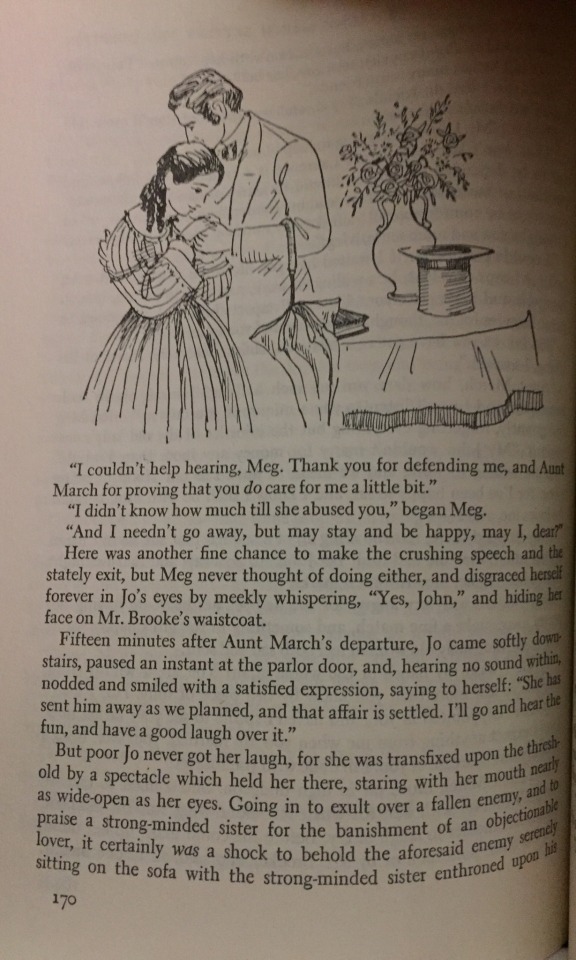

Illustrations of Little Women
By Louisa May Alcott
36 notes
·
View notes
Text
I needed to share my thoughts

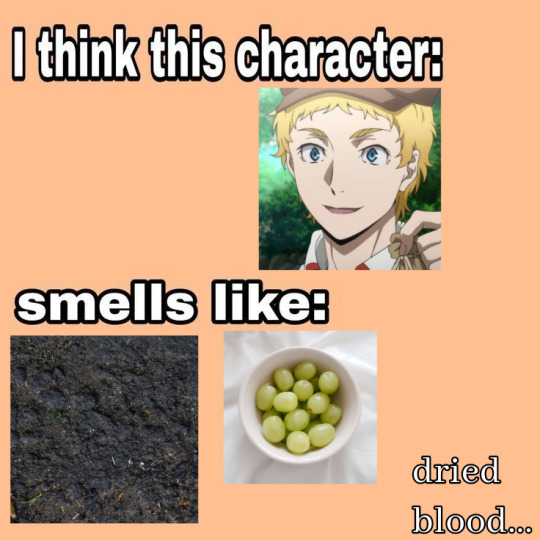
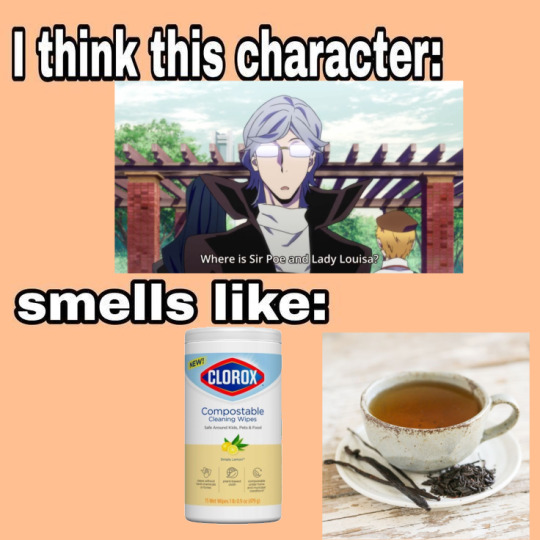







If you have any questions... No you don't
#bsd#bungou stray dogs#bungou gay dogs#bsd nathaniel#bsd nathaniel hawthorne#nathaniel hawthorne#nathaniel bsd#nathaniel hawthorne bsd#bsd hawthorme#bsd mark twain#margaret bsd#lucy montgomery#bsd edgar allan poe#louisa may alcott#hp lovecraft#john steinbeck#bsd the guild#the guild bsd#bsd francis fitzgerald#herman melville#bsd shitpost#bsd lucy#bsd margaret mitchell#bsd fitzgerald#mark twain bsd#edgar allen poe bsd#poe bungou stray dogs
81 notes
·
View notes
Text
was chatting w/ a mutual abt this yesterday, so i was wondering: what's your guys's taylor song that reminds you of a really specific time in your life? we all have one.
#mine is closure btw#almost exactly what happened with an ex-friend earlier this year#LUCKILY not the one i associate with the alcott and dear john that would've been bad if they found a way to reach out#.txtpost#askingyou
398 notes
·
View notes